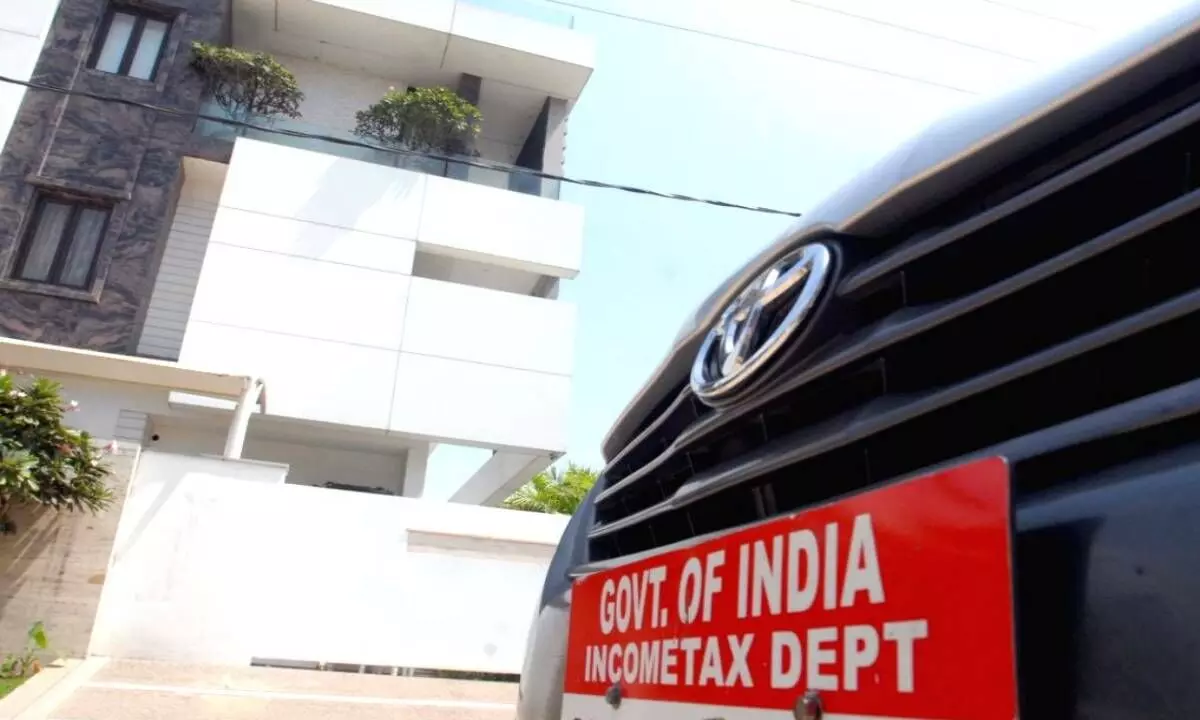'Accept offence, pay fine, avoid prison': I-T dept's new pragmatic rule
Income Tax Department has allowed compounding in cases where the applicant has been sentenced to up to two years of imprisonment. According to the I-T Department, compounding allows an individual to accept his offence and pay specified charges to avoid prosecution.
image for illustrative purpose

Income Tax Department has allowed compounding in cases where the applicant has been sentenced to up to two years of imprisonment. According to the I-T Department, compounding allows an individual to accept his offence and pay specified charges to avoid prosecution.
I-T Department, in a statement, said: "The scope of eligibility for compounding of cases has been relaxed whereby case of an applicant who has been convicted with imprisonment for less than 2 years being previously non-compoundable, has now been made compoundable. The discretion available with the competent authority has also been suitably restricted."
Central Board of Direct Taxes (CBDT) has issued revised guidelines for compounding offences under the Income-tax Act, 1961 with reference to various offences covered under the prosecution provisions of the Act.
As per the revised guidelines dated September 16, 2022, the time limit for acceptance of compounding applications is now relaxed to 36 months from the date of filing of the complaint, from the earlier limit of 24 months.
In addition to this, the offence punishable under Section 276 of the I-T Act has now been made compoundable. Prosecution proceedings can be initiated under section 276 when the taxpayer fraudulently removes, conceals, transfers or delivers to any person, any property or any interest therein, intending thereby to prevent that property or interest therein from being attached for recovery of tax.
Moreover, the tax department has also introduced specific upper limits for the compounding fee covering defaults across several provisions of the Act.
Additional compounding charges in the nature of the penal interest of 2 per cent per month up to 3 months and 3 per cent per month beyond 3 months have been reduced to 1 per cent and 2 per cent respectively.

